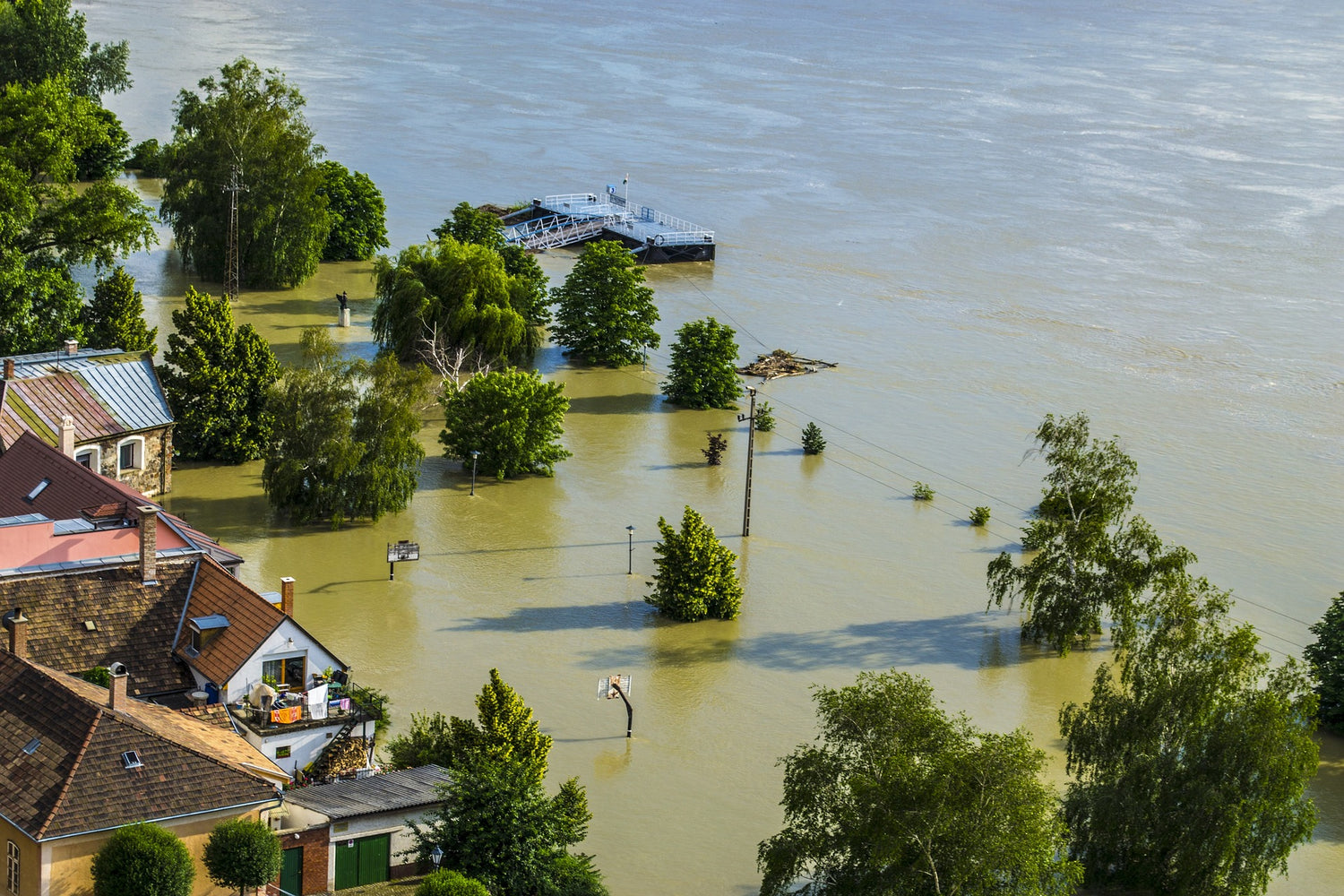
Combating climate hazards and their consequences
The increasing frequency and intensity of extreme weather events such as cyclones, floods and droughts are exacerbating humanitarian needs. Climate disruption has a serious impact on vulnerable populations and represents a real challenge for humanitarian programmes in terms of response and management. In addition, the deterioration of natural resources, the loss of biodiversity and the degradation of ecosystems are compromising food security, access to drinking water and the livelihoods of the communities affected. These environmental crises give rise to massive population displacements and conflicts linked to climate change, which increase social, political and economic tensions. This in turn creates complex emergency situations requiring rapid response mechanisms (RRMs).
Access to water compromised by natural disasters
The world's most vulnerable populations are the most exposed to the consequences of climate change
Climate change has a profound impact on human life, particularly for the poorest and most vulnerable populations. Extreme weather events are often responsible for the destruction of infrastructure, homes, crops and harvests, causing major economic losses, exacerbating poverty, food insecurity and forced population displacement.
-
INCREASING VULNERABILITY
Poor communities are often located in high-risk areas, such as coastal zones, arid regions or mountainous areas, which are more exposed to extreme weather phenomena and the effects of climate change.
-
DEPENDENCE ON NATURAL RESOURCES
The food security and subsistence of certain populations is compromised because it depends on agriculture, fishing and livestock farming, which are themselves affected by climate change, soil degradation, loss of biodiversity and deforestation.
-
ACCESS TO BASIC SERVICE
Extreme weather events often lead to the destruction of basic infrastructure and services, plunging populations into a precarious situation that tests their resilience in coping with the effects of climate change.
-
FRAGILITY OF HABITATS
The poorest populations often live in fragile housing and informal settlements, which are more vulnerable to floods, landslides and storms. They are also at greater risk of accidents, illness and material loss.
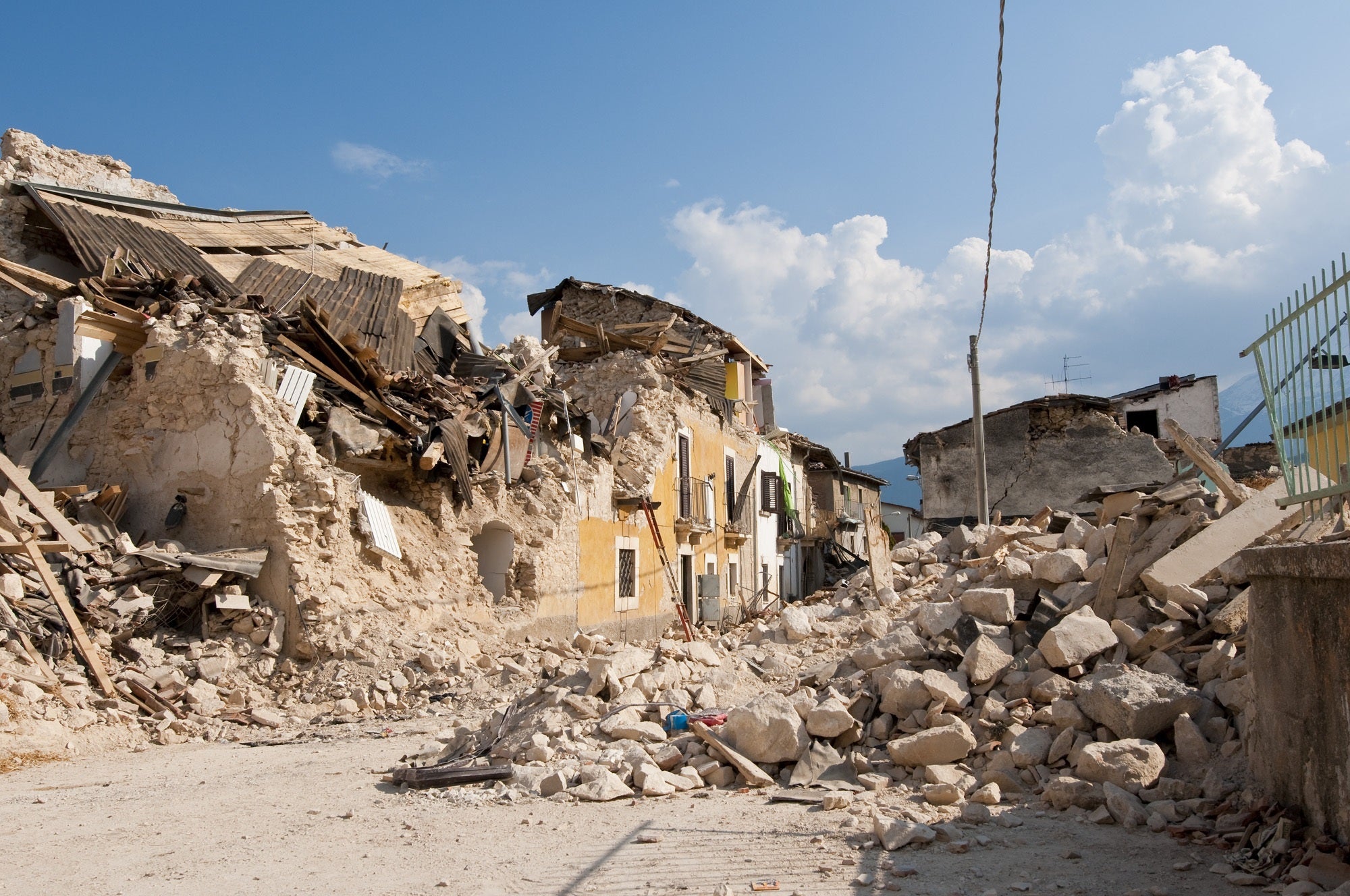
Dr. Kumi Naidoo, former Secretary General of Amnesty International and campaigner for human rights and the environment
"Climate change is not just an environmental crisis, it is a human rights crisis. It disproportionately affects the most vulnerable and marginalised people on our planet, exacerbating existing inequalities and jeopardising the lives and livelihoods of millions."

ORISA® water purifier
✔️ Instant manual ultrafiltration
✔️Portable system : 2kg and 42cm
✔️ 3L/min and 180L/hour
✔️ 20,000L of water per ultrafiltration membrane
✔️ LOG 8 - 99.999999% efficiency: bacteria and protozoa
✔️ LOG 5 - 99.999% efficiency: viruses
completed in less than 30sec
✔️Durable equipment, can be dismantled and repaired
WATER EMERGENCY
Setting up rapid response mechanisms
-
IMMEDIATE VITAL AUTHORITY
Access to drinking water is one of the primary needs in an emergency situation, particularly following a climatic event. Humanitarian operations require emergency kits, such as hygiene kits and water purification tablets for the populations affected. The needs can be massive, and self-sufficient, sustainable, family or community-based solutions quickly appear to be more appropriate for dealing with an emergency situation and moving towards reconstruction.
-
DISTRIBUTION OF KITS
Emergency kits, such as hygiene kits and water purification tablets, are distributed to the affected population so that they can meet their physiological and health needs. Families can also receive an ORISA® water purifier to produce their own healthy water, or have access to clean water through collective water filtration points run by day labourers or humanitarian workers to encourage mutual aid within the community.
-
HEALTH SECURITY
In the event of a humanitarian intervention or when the area is severely affected, communities tend to cluster together. The provision of clean, safe water is essential to prevent the spread of water-borne diseases and epidemics, ensure hygiene and save lives. This is crucial to maintaining the health of the population, who will have to redouble their efforts to rebuild their homes.
-
RESTORATION OF BASIC SERVICES
Often damaged or destroyed, water and sanitation infrastructures need to be restored and rehabilitated. In these cases, equipment, temporary installations or alternative solutions are used to provide this basic service. Our stand-alone water filtration solutions facilitate continued access to safe water at family or community level. This allows humanitarian workers to concentrate on providing human and health support to the population.
Our deployments to help disaster-stricken populations
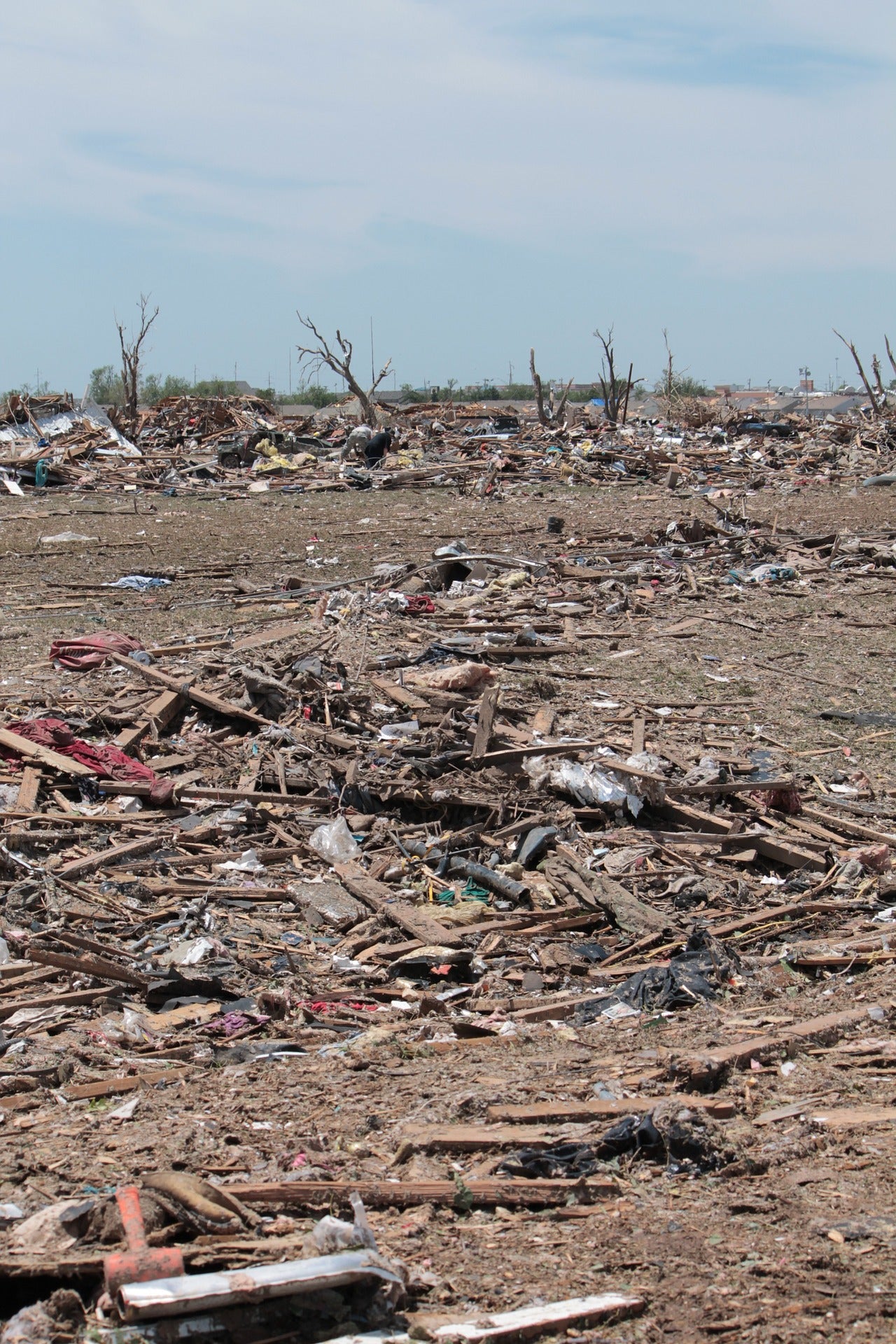
SECOURS POPULAIRE FRANÇAIS
REBUILDING FOLLOWING AN EARTHQUAKE IN HAITI
Deployment of 495 ORISA® water purifiers in Haiti to provide clean water for 4,000 families following the earthquake in August 2021, enabling them to concentrate on rebuilding their living areas.
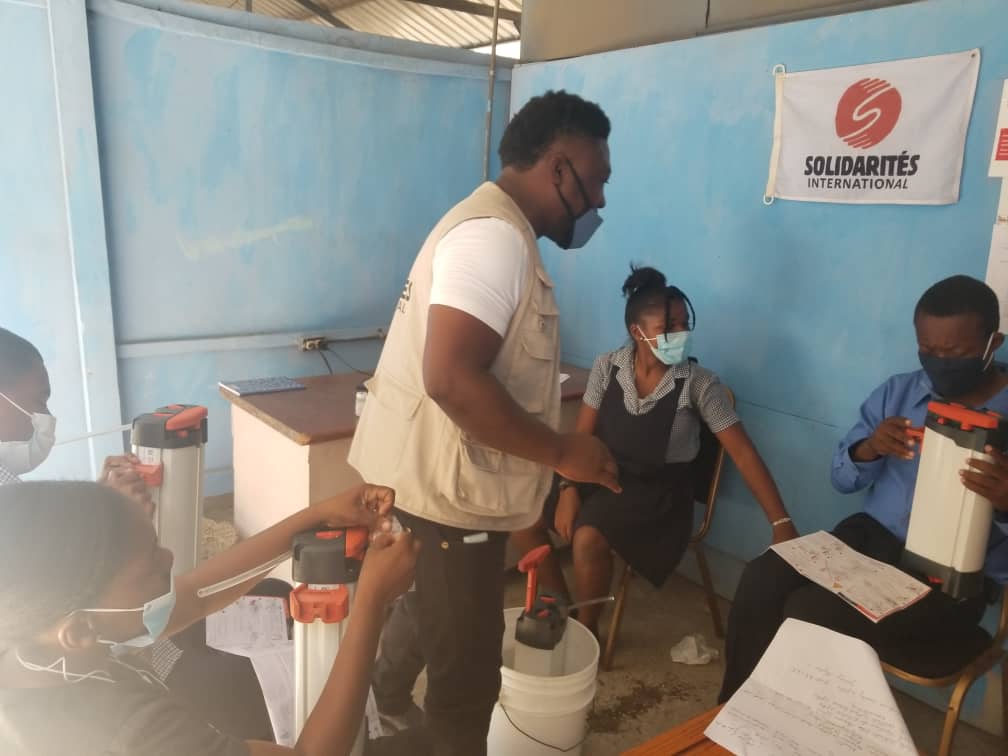
SOLIDARITÉS INTERNATIONAL
PROVIDING SAFE WATER IN SCHOOLS FOLLOWING THE HAITI EARTHQUAKE
Deployment of 60 ORISA® water purifiers in the Artibonite region of Haiti to support schools destroyed by an earthquake.

DEPLOYING ORISA®
Taking action to mitigate the consequences of climate change (drought, flooding, cyclones, etc.) and even building up a contingency stock of water filtration equipment in at-risk areas will help to rebuild disaster-stricken areas and improve living conditions for the population.
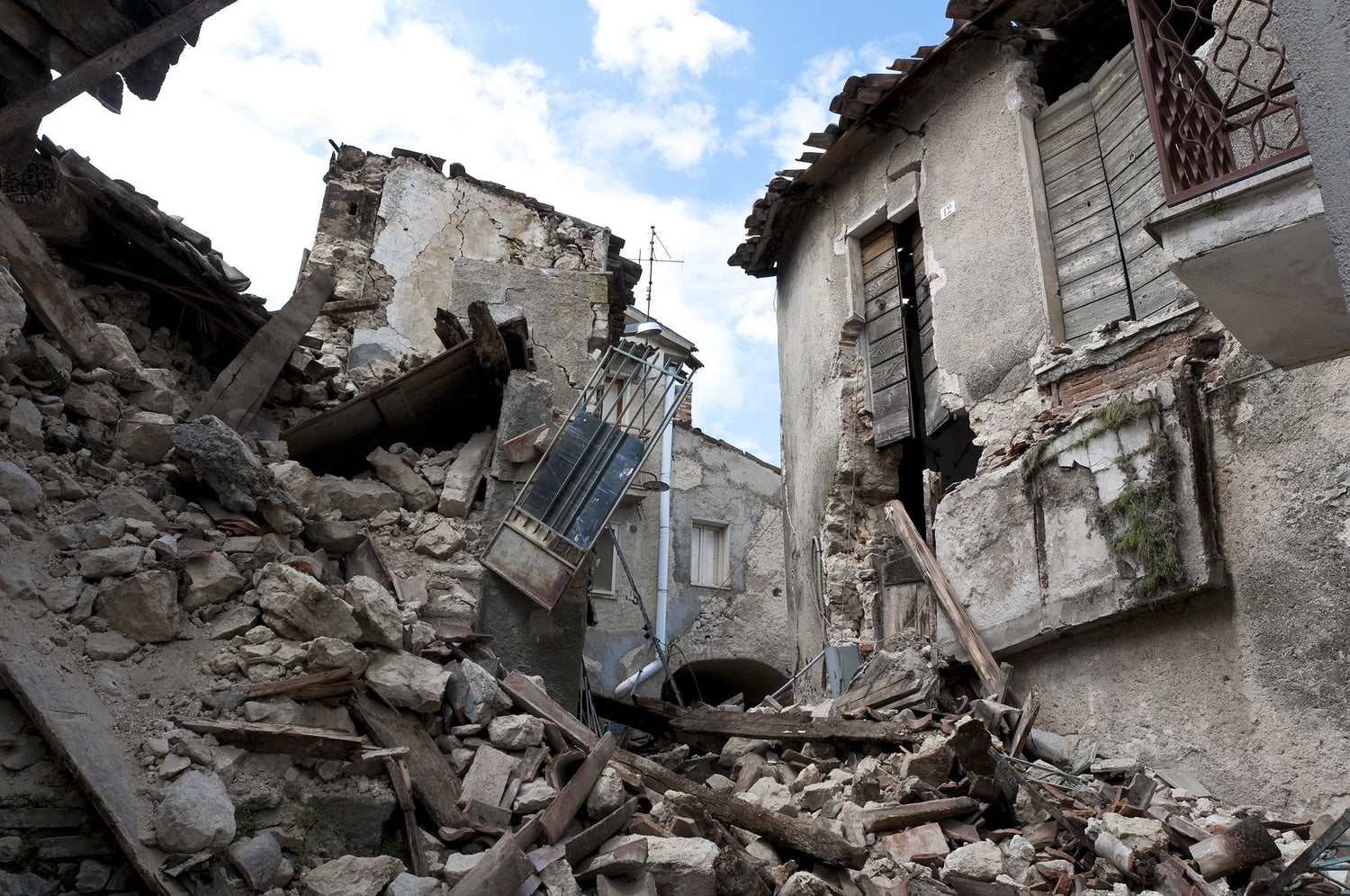
A reliable alternative solution for groups or families
During floods, the drinking water network can be disrupted. When water in catchment areas becomes cloudy due to heavy run-off, for example. In such cases, simple chlorine treatment is no longer sufficient, and filtration or coagulation/flocculation pre-treatment is required. One study highlights an increase in the prevalence of water-borne diseases in this context, particularly population displacement and flooding, where epidemics linked to water-borne diseases are most frequent. This includes diseases such as diarrhoea, cholera, hepatitis A and hepatitis E (Watson, 2007).
The affected population may end up living either in community shelters or at home. In the initial emergency phase, access may be very congested or flooded, in which case home treatment is particularly relevant if the water resources are contaminated or the infrastructure degraded. Collective distribution points for treated water (such as standpipes or tap stands) are often economically and logistically efficient.
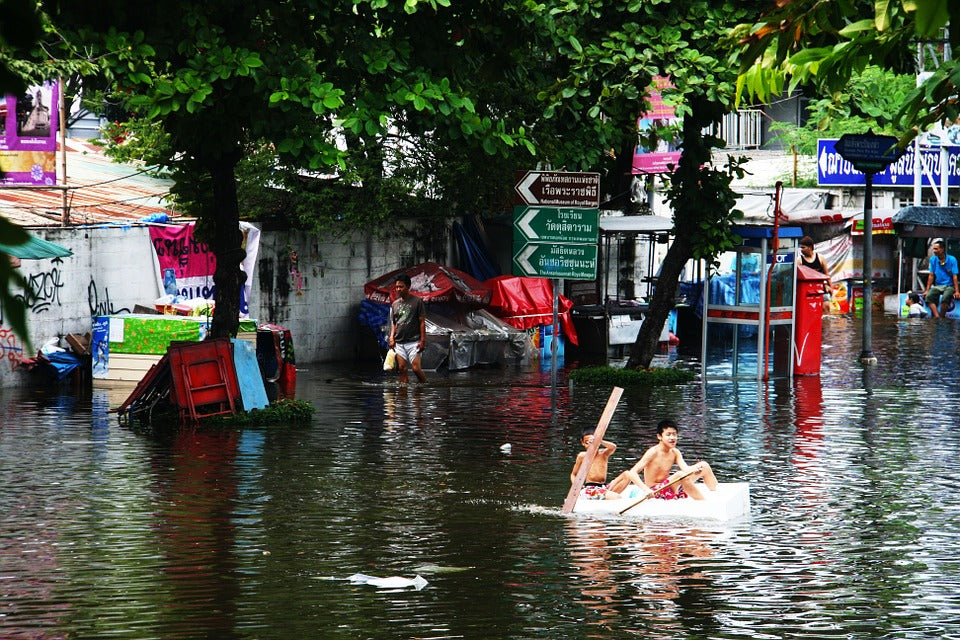
Performance beyond the emergency
The ORISA® purifier has the significant advantage of being storable and reusable in the event of future climatic disasters, thereby contributing to disaster risk reduction as part of a Disaster Risk Reduction (DRR) approach. What's more, its portability makes it an invaluable tool if you need to change your place of residence temporarily. It can also be used collectively in the early days, benefiting several families. However, there is one limitation: in the presence of brackish or salty water due to the sea's submersion, ultra-filtration is no longer an option, and a nano-filtration solution is required.
In the event of an earthquake, water sources such as boreholes or networks can be destroyed. In such situations, the use of home ultrafiltration can be useful as a disease prevention measure and as an emergency solution while waiting for water points to be rehabilitated. In addition, the ORISA® purifier can be stored as a contingency stock and distributed rapidly in targeted areas, particularly for dispersed or severely affected populations.